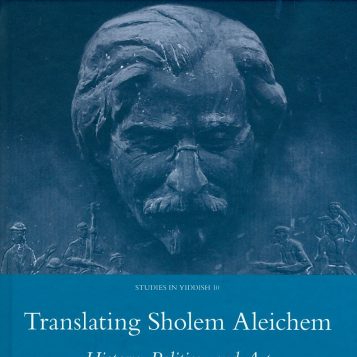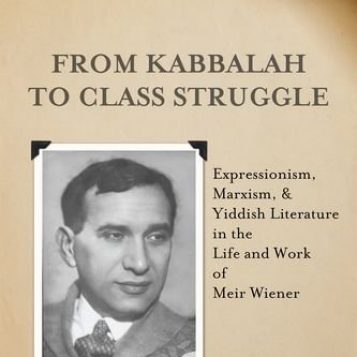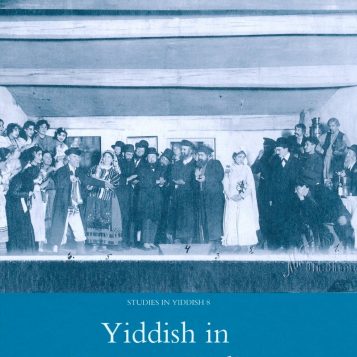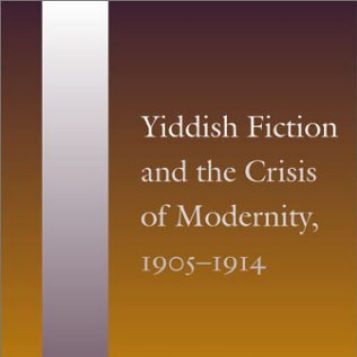Preston R. Tisch Professor of Judaic Studies; Chair and Professor, Slavic Languages and Literatures
krutikov@umich.eduOffice Information:
phone: 734.647.2136
Center for Russian, East European, & Eurasian Studies; CREES Faculty Associates
Education/Degree:
Diploma, Mathematics, Moscow State University, 1979; Certificate, Yiddish Language and Literature, A.M. Gorky Institute of Literature, Moscow, 1991; PhD, Jewish Literature, Jewish Theological Seminary of America, New York, 1998Highlighted Work and Publications
Translating Sholem Aleichem
Mikhail Krutikov
Sholem Aleichem, whose 150th anniversary was commemorated in March 2009, remains one of the most popular Yiddish authors. But few people today are able to read him in the original. Since the 1920s, however, Aleichems works have been known to a wider international audience through numerous translations, and through film and theatre adaptations, most famously Fiddler on the Roof. This volume examines those translations published in Europe, with the aim of investigating how the specific European contexts might have shaped translations of Yiddish literature.
See MoreFrom Kabbalah to Class Struggle: Expressionism, Marxism, and Yiddish Literature in the Life and Work of Meir Wiener
Mikhail Krutikov
From Kabbalah to Class Struggle is an intellectual biography of Meir Wiener (1893–1941), an Austrian Jewish intellectual and a student of Jewish mysticism who emigrated to the Soviet Union in 1926 and reinvented himself as a Marxist scholar and Yiddish writer. His dramatic life story offers a fascinating glimpse into the complexities and controversies of Jewish intellectual and cultural history of pre-war Europe.
Wiener made a remarkable career as a Yiddish scholar and writer in the Stalinist Soviet Union and left an unfinished novel about Jewish intellectual bohemia...
Yiddish in Weimar Berlin: At the Crossroads of Diaspora Politics and Culture
Mikhail Krutikov
Berlin emerged from the First World War as a multicultural European capital of immigration from the former Russian Empire, and while Russian emigres spread westward in the 1920s, a thriving East European Jewish community remained. Jewish intellectuals and activists participated vigorously in German cultural and political debate. Multilingual Jewish journalists, writers, actors and artists, invigorated by the creative atmosphere of the city, radically modernized Jewish culture. Even after 1933, Berlin remained a vital presence in Jewish cultural memory, as is testified by the works of...
See MoreYiddish Fiction and the Crisis of Modernity, 1905-1914
Mikhail Krutikov
This book examines representations of modernity in Yiddish literature between the Russian revolution of 1905 and the beginning of the First World War. Within Jewish society, and particularly Eastern European Jewish society, modernity was often experienced as a series of incursions and threats to traditional Jewish life. Writers explored these perceived crises in their work, in the process reconsidering the role and function of Yiddish literature itself.
The orientation of nineteenth-century Yiddish fiction toward the shtetl came into conflict with the sense of reality of young...
See More




